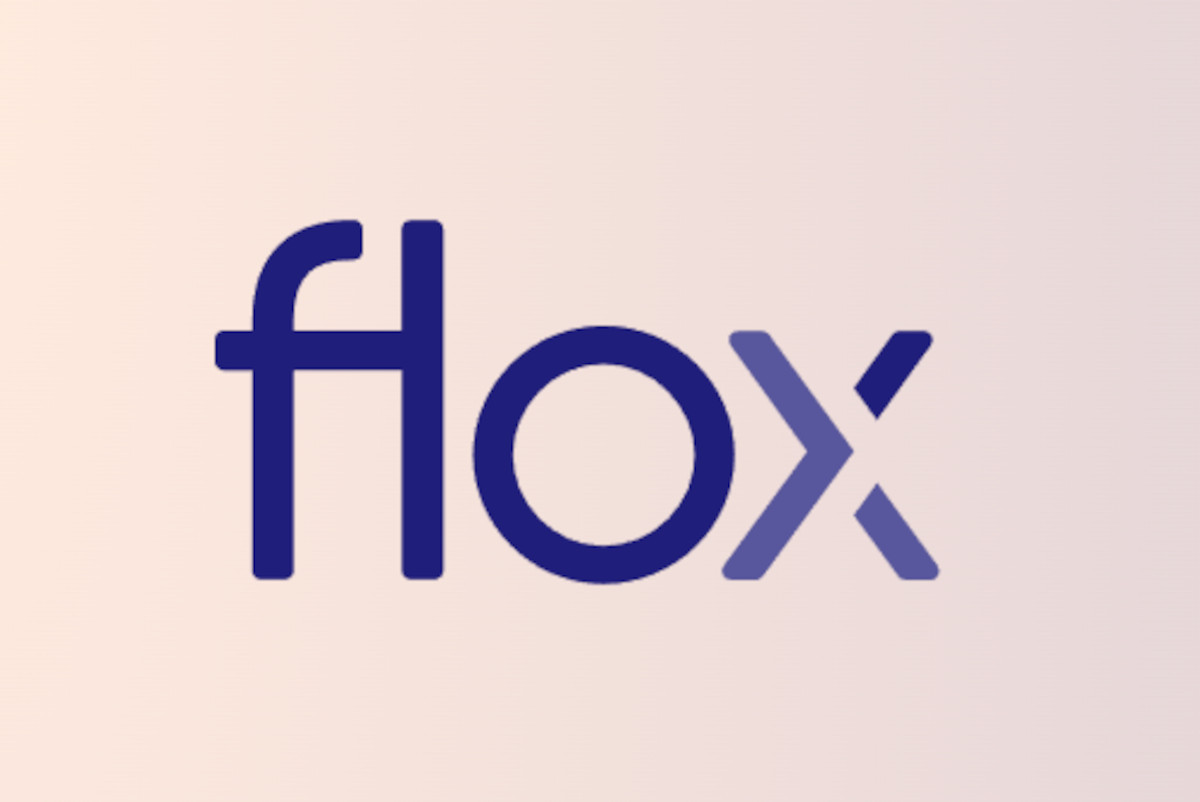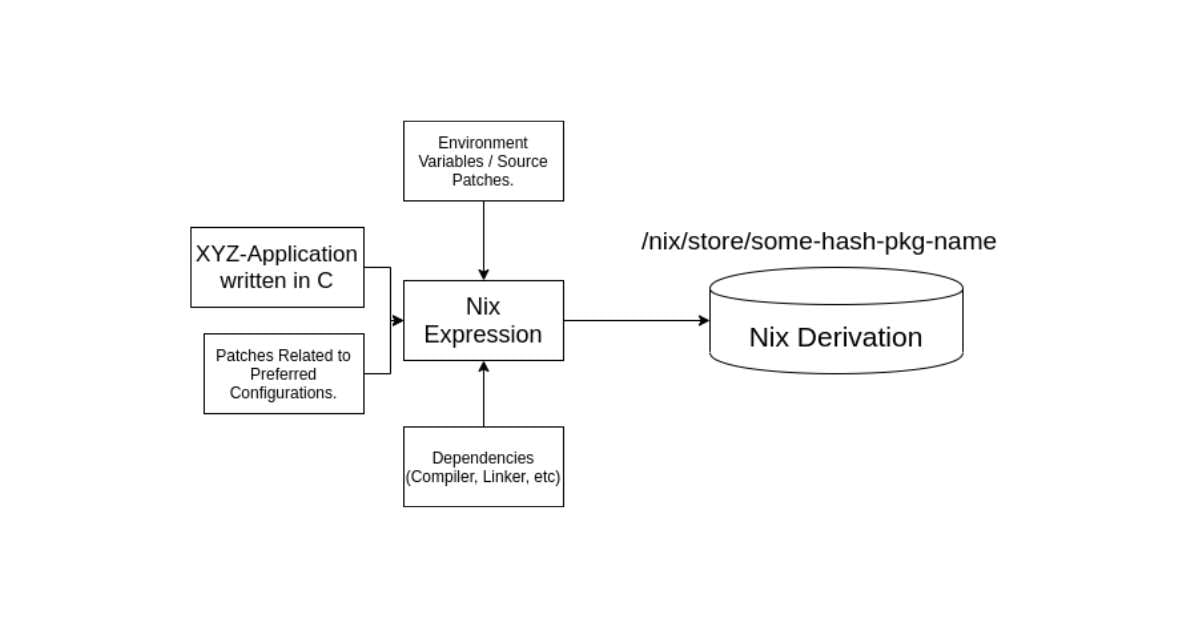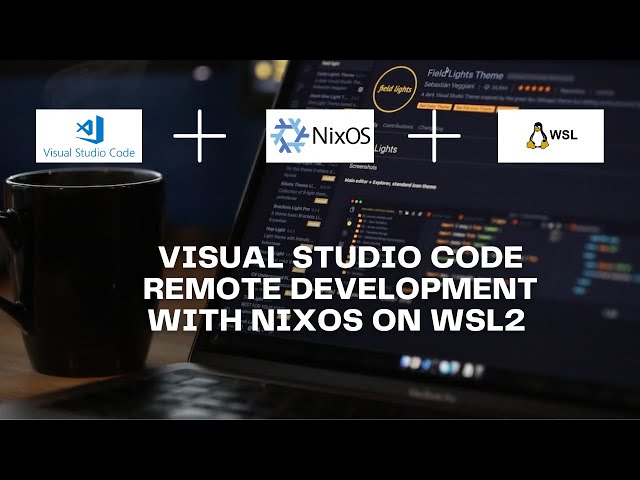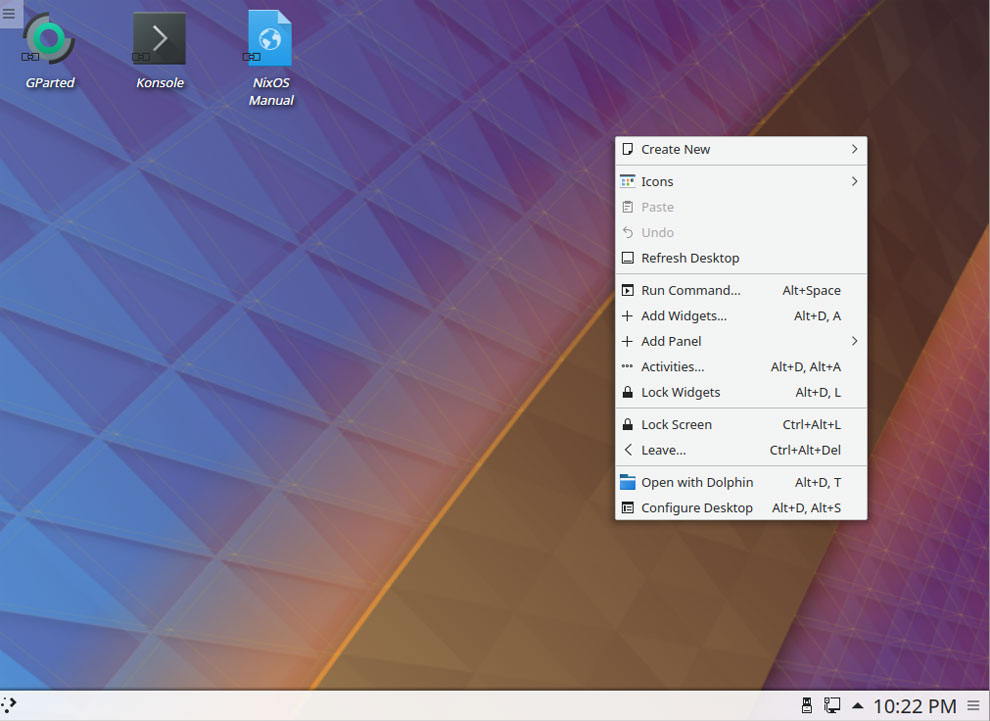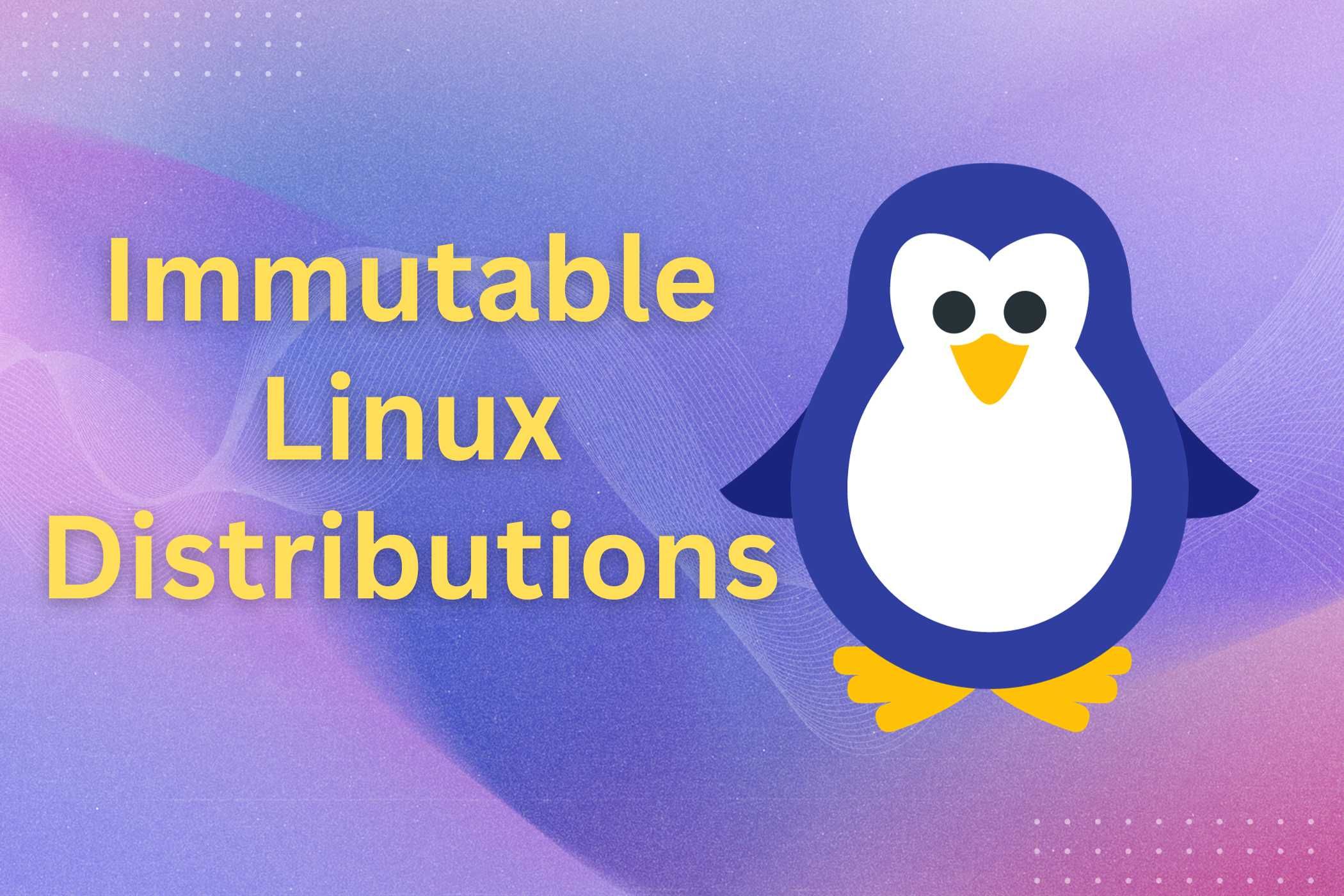
Unveiling the World of Immutable Linux Distributions
In the realm of Linux, a new wave of security and stability has emerged through the concept of immutable Linux distributions. These innovative systems take your operating system’s security to the next level by adopting a read-only approach. If you’re intrigued by the idea of exploring an immutable Linux distro, this comprehensive roundup will introduce you to the top contenders in the field. Let’s delve into the unique offerings of each of these distinguished distros.
NixOS: Declarative and Reproducible System Configurations
NixOS stands out as a trailblazing distro renowned for its declarative and reproducible system configurations. Built from the ground up, NixOS ensures a stable system by generating a ’new generation’ each time you install or upgrade software. Leveraging the Nix package manager with an extensive repository of over eighty thousand packages, NixOS simplifies the process of finding and installing software. Noteworthy is its capability to replicate your system across multiple devices using just one file. Dive into the world of NixOS by acquiring the package manager or an ISO file.
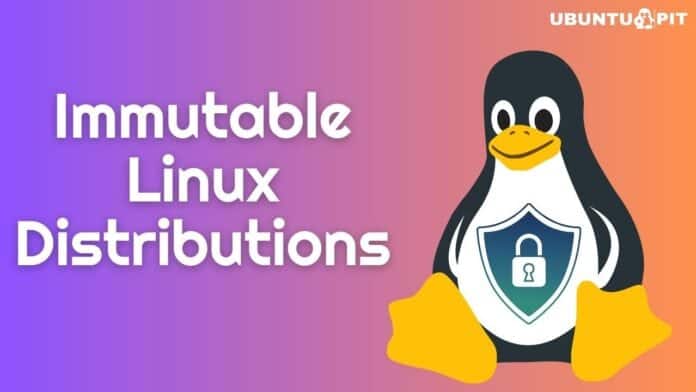 Immutable Linux Distributions
Immutable Linux Distributions
Vanilla OS: Embracing the Stock GNOME Experience
Vanilla OS offers users an immutable distro experience centered around the stock GNOME environment. Introducing a novel sub-system and package manager named Apx, Vanilla OS manages containers effectively, mitigating the risk of system disruptions. The ABroot technology empowers users to modify their systems securely, while the Vanilla System Operator serves as an intelligent updater, ensuring optimal device performance before updates. Explore Vanilla OS and peruse their get-started guides to embark on your journey.
Fedora Silverblue: The Immutable Spin for Fedora Workstation
Fedora Silverblue emerges as the immutable iteration tailored for Fedora Workstation users. Boasting reliability and stability, Fedora Silverblue isolates all containers and applications from the host system. Employing atomic updates, Fedora Silverblue safeguards your system integrity by preventing updates in case of anomalies. With the utilization of Flatpak for graphical application installations and the convenience of Toolbx for developers, Fedora Silverblue offers a seamless environment for development and troubleshooting. Discover more about Fedora Silverblue to unlock its full potential.
Endless OS: A Debian-Based Delight
Endless OS, a Debian-based Linux distribution, shines as a versatile system that functions seamlessly even without an internet connection. With over 1800 pre-installed apps and a user-friendly interface reminiscent of smartphones, Endless OS caters to a wide audience. Featuring a dedicated app center for software management, Endless OS incorporates GNOME for an elegant user experience. Noteworthy features include parental controls and educational apps like Kolibri, making it an ideal choice for users of all ages. Explore the latest iteration, Endless OS 5, to experience its offerings firsthand.
openSUSE MicroOS: Immutability at Its Finest
MicroOS, the immutable variant of openSUSE, caters to both server and desktop users seeking enhanced security and efficiency. By adhering to immutability principles, MicroOS ensures system integrity by avoiding alterations during runtime. Leveraging transactional updates and BTRFS with snapshots, MicroOS optimizes disk space utilization and facilitates seamless rollback to previous system states. With applications isolated in containers, MicroOS fortifies system security against malware threats. Experience the robustness of openSUSE MicroOS by installing it on your system.
Talos: Secure and Minimal for Kubernetes
Talos Linux emerges as a secure and minimal distro designed for Kubernetes environments by Sidero Labs. Prioritizing security and efficiency, Talos operates in memory from a SquashFS, leaving the primary disk to Kubernetes. With stringent API security through mutual TLS authentication and a management API for system operations, Talos streamlines Kubernetes and Linux deployments. Developers can swiftly create a Talos cluster within Docker, enhancing agility and performance. Dive into the world of Talos to elevate your containerized workflows.
Bottlerocket: Amazon’s Container-Centric Solution
Bottlerocket, a Linux distribution from Amazon Web Services, caters to containerized applications with a streamlined and secure approach. By focusing solely on essential software components, Bottlerocket enhances uptime and minimizes errors through single-step updates and rollback capabilities. Seamlessly integrated with Amazon EKS for automated updates, Bottlerocket reduces operational complexities and maintenance overhead. With 3 years of AWS support and availability as an Amazon Machine Image (AMI) in Amazon EC2, Bottlerocket offers a robust solution for container workloads. Explore Bottlerocket’s GitHub repository for detailed usage instructions.
blendOS: Unifying Linux Distributions
blendOS revolutionizes the Linux landscape by amalgamating popular distros into a cohesive platform. With access to apps from diverse Linux distributions and native support for Android and web apps, blendOS caters to a wide range of users. Supporting seven desktop environments and offering seamless updates in the background, blendOS ensures a hassle-free user experience. The YAML file ‘cadre’ enables users to store desktop configurations and containers for portability across machines. Whether you’re a gamer or developer, blendOS provides a versatile app collection to meet your needs. Discover the versatility of blendOS and embark on a new Linux journey.
Guix: Empowering Users with Freedom
Guix, a GNU operating system distribution utilizing the Linux-libre kernel, champions user freedom and transparency. With transactional upgrades and declarative system configurations, Guix empowers users to reproduce build environments effortlessly. Central to Guix is the ‘guix package’ tool for managing packages with standard privileges, offering developers enhanced control over their environments. By leveraging ‘guix shell’ for rapid environment setup and version-controlled instances for multi-machine replication, Guix enables users to traverse time and space seamlessly. Explore the diverse applications of Guix in software development, high-performance computing, and research studies by installing it on your device.
Flatcar Container Linux: Community-Driven Container Workloads
Flatcar Container Linux, a community-driven distribution, caters to container workloads with a focus on security and minimalism. By providing essential tools and software exclusively for container operations, Flatcar Container Linux minimizes system vulnerabilities and disruptions. Adopting the USR-A and USR-B update methodology, Flatcar Container Linux ensures seamless updates by utilizing active and standby partitions. Experience the efficiency and security of Flatcar Container Linux by exploring its latest releases and installation procedures.
Choosing Your Immutable Linux Distro
Selecting the ideal immutable Linux distribution hinges on your specific requirements and use cases. Each distro highlighted in this roundup serves a distinct purpose, catering to diverse user needs. Whether you’re delving into containerization, seeking a daily driver, or exploring server environments, these immutable distros offer a myriad of features to suit your preferences. Evaluate the offerings of each distro and embark on your journey into the realm of immutable Linux distributions.
Final Thoughts
This comprehensive guide unveils a curated selection of the most prominent immutable Linux distributions available today, showcasing their unique features and capabilities. If you believe we’ve overlooked a noteworthy distro or have insights to share, feel free to engage with us in the comments section. Stay tuned for more Linux distribution guides tailored to various user preferences, including options for beginners, developers, laptop users, server administrators, and gaming enthusiasts.










